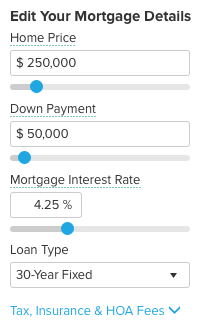Debtors seeking to lessen their short-term rate and/or payments; property owners who prepare to move in 3-10 years; high-value debtors who do not wish to bind their cash in house equity. Debtors who are uneasy with unpredictability; those who would be financially pressed by higher home loan payments; debtors with little home equity as a cushion for refinancing.
Long-lasting mortgages, Visit this link financially unskilled customers. Purchasers acquiring high-end properties; debtors setting up less than rowanhksd324.cavandoragh.org/the-only-guide-to-how-do-construction-mortgages-work 20 percent down who want to prevent paying for home loan insurance coverage. Property buyers able to make 20 percent down payment; those who prepare for increasing home values will enable them to cancel PMI in a couple of years. Debtors who require to obtain a lump amount cash for a specific purpose.

Those paying an above-market rate on their main home loan might be better served by a cash-out refinance. Borrowers who require need to make regular expenditures over time and/or are not sure of the overall quantity they'll need to borrow. Customers who require to obtain a single lump timeshare advocates sum; those who are not disciplined in their costs practices (how many home mortgages has the fha made). what is the maximum debt-to-income ratio permitted for conventional qualified mortgages.